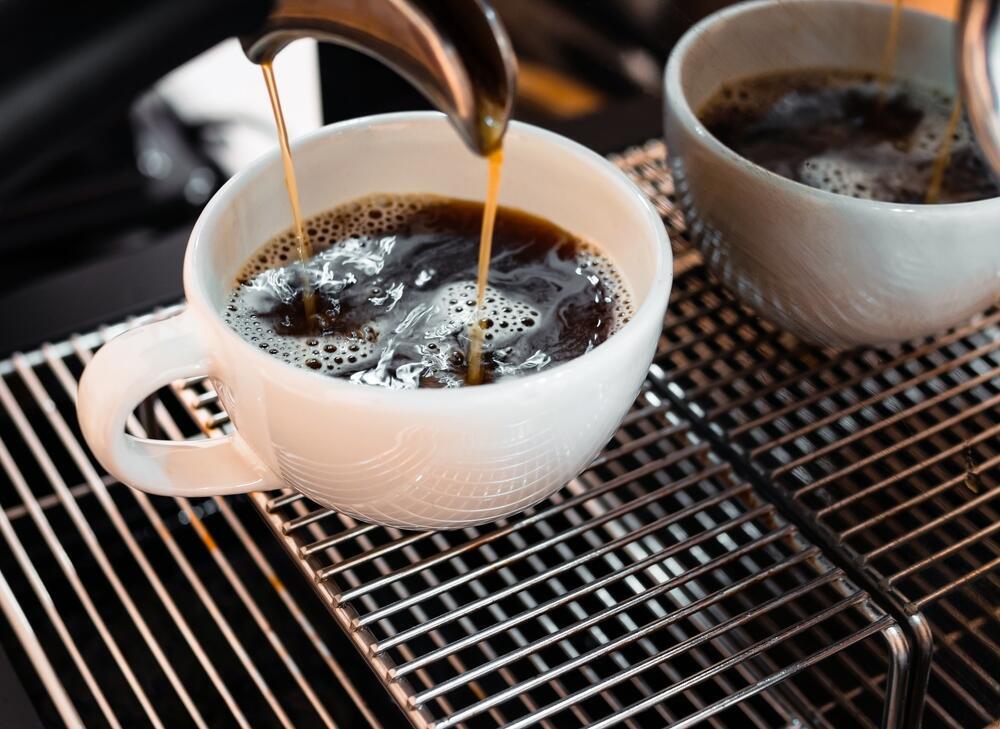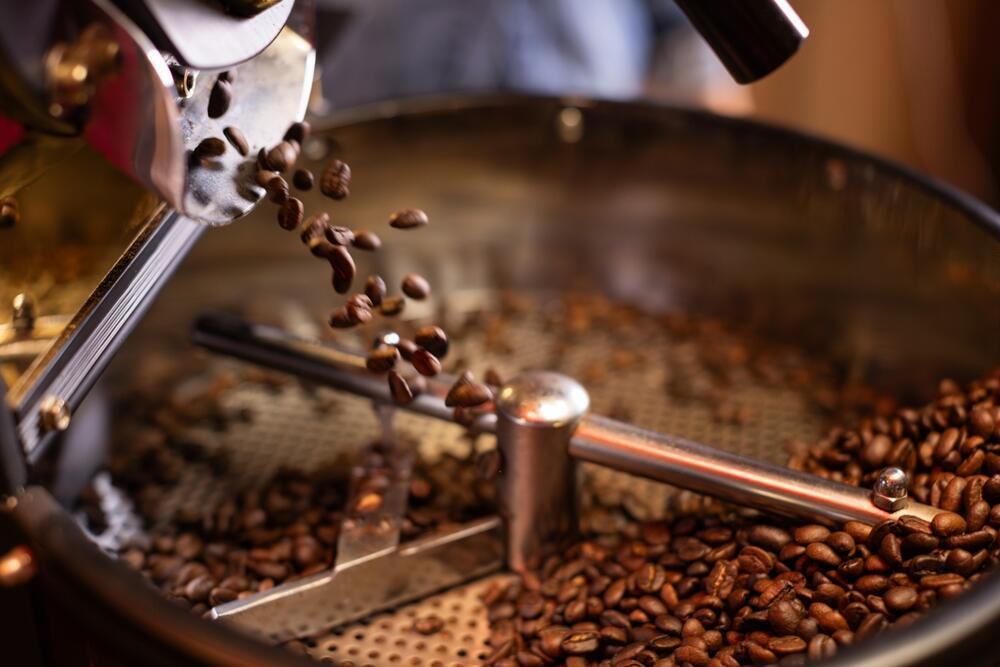Getting your Trinity Audio player ready...
Who among us doesn’t kickstart their day with a cup of java? The journey of coffee began in Ethiopia, where a goat herder named Kaldi observed his goats behaving energetically after eating certain berries. Since then, coffee has evolved into the second most traded commodity globally (after crude oil), with over 500 billion cups consumed annually, making it the world’s most popular beverage.
While coffee is an essential part of our lives, there’s still plenty to learn about this beloved drink. Here are five common mistakes coffee lovers might unknowingly make:
Does the coffee-to-water ratio impact the flavor of your brew?
The balance between coffee and water plays a critical role in crafting the perfect cup. A precise ratio ensures optimal extraction of the coffee’s flavors and aromas, creating a rich and complex drink. If too much coffee is used, the result is an overly bitter brew that feels harsh and unpleasant, potentially leaving the coffee cloudy and sour. Conversely, too little coffee produces a weak and watery drink, lacking body and depth. Striking the right balance is key to elevating your coffee experience.
Can water temperature make or break your coffee?
Water temperature significantly influences the flavor of coffee. Overly hot water can scorch the coffee grounds, damaging its aromatic oils and creating a burnt, bitter taste. On the flip side, water that’s too cold leads to poor flavor extraction, resulting in a weak, characterless brew. The optimal water temperature for brewing coffee ranges between 92–96°C (197–205°F), ensuring a perfectly balanced flavor profile.
Is your morning coffee routine timed correctly?
Do you grab your first cup of coffee the moment you wake up? You’re not alone—studies in the U.S. show that 65% of people drink coffee within the first hour of waking. However, your body might not actually need caffeine right away. Scientists have found that cortisol levels—the body’s natural wake-up hormone—rise by about 50% immediately after waking.
Since caffeine is also a stimulant, drinking coffee right away can lead to overstimulation, making you feel jittery or overly alert. Over time, this habit can train your body to rely on caffeine for waking up, requiring larger doses. Experts recommend waiting at least an hour after waking before having your first cup, allowing cortisol to work naturally. For those who struggle to wait, consider switching to decaffeinated coffee in the morning.
Does coffee consumption before bedtime serve as a hindrance to sound sleep?
The question of whether drinking coffee before bed is a mistake sparks much debate. Caffeine, the active ingredient in coffee, is a well-known stimulant that affects the central nervous system and inhibits the production of melatonin, the sleep hormone. For many, having coffee close to bedtime can make falling asleep more difficult and reduce the quality of sleep.
However, sensitivity to caffeine varies from person to person. Factors such as the amount of coffee consumed, the time elapsed since drinking it, and individual tolerance levels all play a role. While some people find it hard to sleep after an evening coffee, others can fall asleep easily and even consider it a soothing bedtime ritual. Ultimately, the answer isn’t clear-cut. To determine what works best for you, experiment with evening coffee consumption and adjust it to your personal sleep routine.
Does your coffee grind affect the flavor of your brew?
The way coffee beans are ground plays a significant role in the taste and aroma of the final cup. Proper grinding is essential for extracting the full range of flavors and aromatic oils from the beans. Coarsely ground beans allow water to pass through too quickly, resulting in an under-extracted, weak brew with minimal flavor and complexity. On the other hand, overly fine grinding causes water to get trapped among the tiny particles, leading to over-extraction of bitter compounds. This can leave the coffee tasting sour, overly bitter, or unpleasant. The ideal grind lies somewhere in between, depending on your brewing method.
Get the Ynetnews app on your smartphone: Google Play: https://bit.ly/4eJ37pE | Apple App Store: https://bit.ly/3ZL7iNv
Additionally, it’s best to grind coffee beans just before brewing. Pre-ground coffee exposed to air quickly loses its flavor and aroma. To maintain freshness, store whole beans in a cool, dry, and dark place, away from sunlight and heat sources, and use an airtight container to preserve their aroma and taste.
Does water quality influence the taste of your coffee?
Water, being the main ingredient in coffee, significantly impacts its flavor. Water with high levels of dissolved minerals, such as calcium and magnesium, or chlorine can negatively affect the taste. These minerals can react with compounds in the coffee, creating sediments that alter the flavor. Hard water also causes limescale buildup in coffee machines, reducing their lifespan and affecting the coffee’s quality. Filtered or low-mineral bottled water is the best choice, as it provides a clean and pure base for extracting the true essence of coffee.
- Dr. Yael Benvenisti is a business and policy consultant to companies and governmental entities on issues related to seniors' health and quality of life



